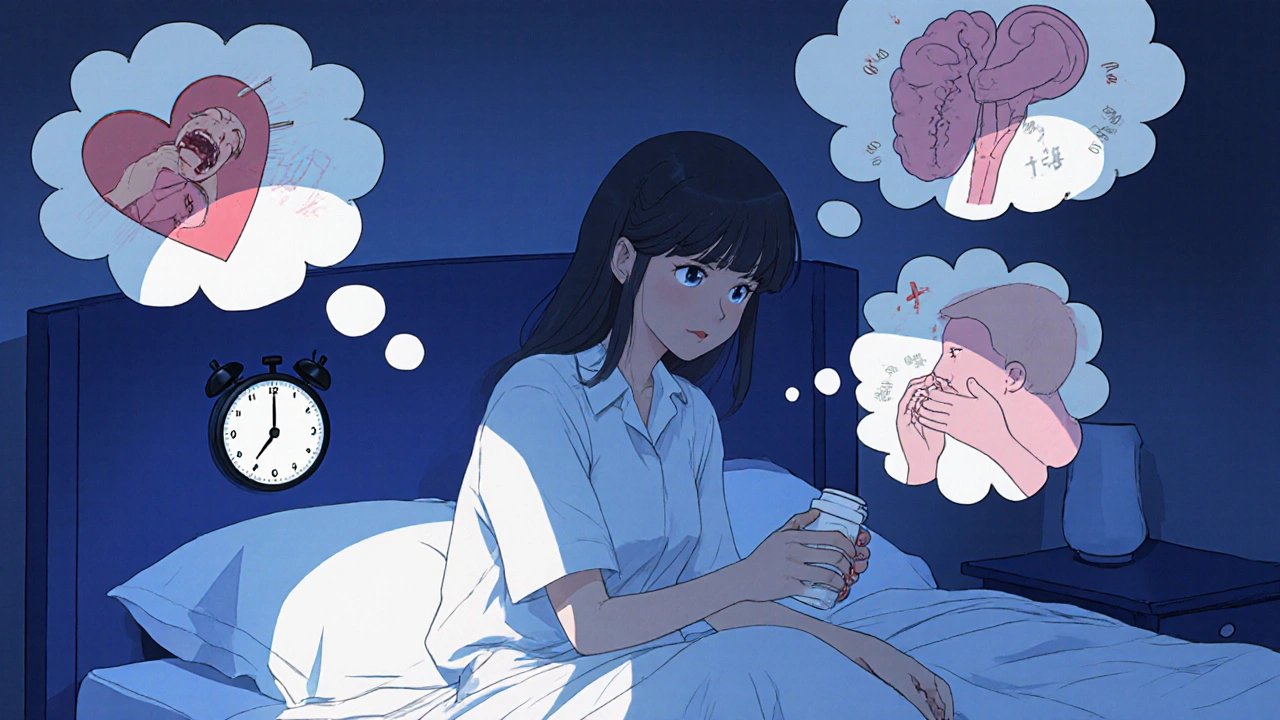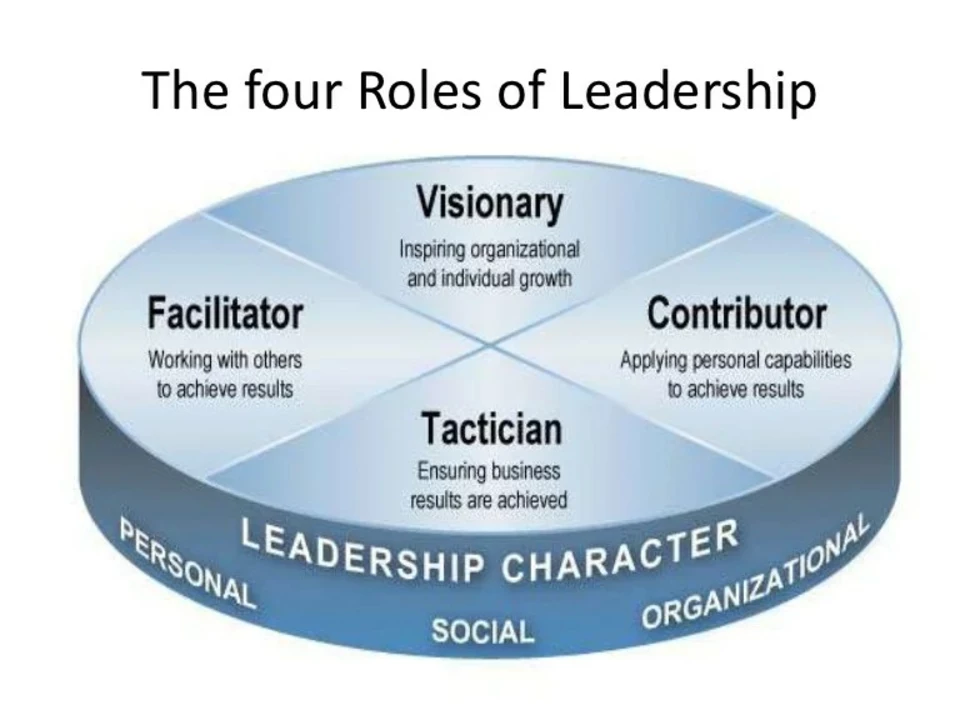Mental Health: Practical guides on medications, diet, and caregiving
If you're dealing with mental health questions—whether for yourself or someone you care for—you want clear, usable info fast. Start by knowing what you need: a quick read on a medicine's side effects, a few diet tweaks to lift a low mood, or hands-on tips for handling dementia-related behaviors. This category pulls those essentials together in straightforward posts you can use right away.
Fast safety checks you can do today
Before trying a new medicine, check three things: the main side effects, interactions with drugs you already take, and any warnings for heart conditions. For example, our Nortriptyline article highlights potential heart risks—if you have a history of irregular heartbeat or high blood pressure, talk with your prescriber about safer options. If a medication seems to affect your heart rate or causes severe dizziness, seek medical advice promptly.
Also, keep a simple symptom log for two weeks when starting or changing meds: note sleep, appetite, mood swings, and any physical changes. That short record helps your clinician spot patterns and decide if a dose adjustment or different drug is needed.
Short reads that give real help
Abilify (aripiprazole): Our Abilify post breaks down why doctors prescribe it, common side effects, and real user stories. It explains how the drug works and what to watch for—especially movement issues, sleep changes, and how it pairs with other meds.
Nutrition and Major Depressive Disorder: You’ll find practical food changes that can support mood—more whole foods, fewer processed sugars, and simple meal swaps that stabilize blood sugar and energy. These tips don’t replace therapy or meds but can boost how you feel day to day.
Strategies for Managing Dementia-Related Behavioral Changes: This piece gives hands-on tactics caregivers can try right away—reliable routines, calm communication cues, and small environmental tweaks that reduce agitation. It also stresses self-care and where to look for support.
Ziprasidone for Treatment-Resistant Schizophrenia: If standard antipsychotics haven’t worked, our Ziprasidone guide explains when clinicians consider it, what benefits to expect, and the key side effects to monitor so you can have a focused conversation with your psychiatrist.
Terazosin and Depression: This short article covers emerging evidence that a blood pressure drug might help mood for some people. It’s not standard care yet, but it’s a useful talking point if conventional treatments aren’t giving results.
How to use these posts: pick one topic that matches your immediate need—med safety, diet, dementia care—and read that article fully. Take notes, bring questions to your provider, and use our symptom log approach. If you manage medications, keep an updated list and ask a pharmacist about interactions; they can often flag issues fast.
If you want help finding a specific article or need a printable checklist for a doctor visit, click through the posts or use the site search. We aim for clear, practical answers so you can make safer, smarter choices about mental health care.

Antidepressants and Bipolar Disorder: What You Need to Know About Mood Destabilization Risks
Antidepressants can trigger mania in people with bipolar disorder. Learn why they're risky, what safer alternatives exist, and how to avoid dangerous mood destabilization.

Psychological Strategies to Manage Anxiety About Medication Side Effects
Learn proven psychological strategies to manage anxiety about medication side effects, reduce fear, and improve adherence. Discover how CBT, mindfulness, and symptom tracking can help you stick with your treatment.

How Mindfulness Helps Manage Major Depressive Disorder
Discover how mindfulness reshapes the brain, reduces depressive rumination, and complements medication or CBT for Major Depressive Disorder. Learn evidence‑based practices and when to seek professional help.

How Yoga and Meditation Relieve Panic Disorder Symptoms
Discover how yoga and meditation together lower panic attacks, improve heart‑rate variability, and reduce stress hormones. Get a step‑by‑step routine, safety tips, and a benefit comparison.

Abilify: Side Effects, Uses & Personal Stories About Aripiprazole
This article unpacks everything you want to know about Abilify (aripiprazole), from its medical uses to side effects, dosing, and real-life results. Find clear explanations, surprising facts, and practical tips for anyone considering this medication. Understand what sets Abilify apart in the world of mental health treatment, plus a look at data and real stories. Written by Cassius with a human touch and zero stuffiness.

Nutrition and Major Depressive Disorder: How What You Eat Affects Your Mood
This article unpacks the real link between what we eat and how we feel, especially in people with major depressive disorder. Get the facts on certain foods that help—or harm—your mood. Learn how simple changes in your diet could support traditional treatments for depression. You’ll also find eye-opening tips and myths about food and mental health. No fluff, just straightforward advice you can actually use.

Strategies for Managing Dementia-Related Behavioral Changes
In my recent blog post, I discussed various strategies for managing dementia-related behavioral changes. I emphasized the importance of understanding the triggers behind these changes, and how creating a stable daily routine can make a significant difference. I also covered the role of communication, both verbal and non-verbal, in addressing and preventing episodes of agitation or confusion. Additionally, I touched upon environmental modifications and the need for caregivers to practice self-care and seek support. Overall, my post aims to equip readers with practical tips to better navigate the challenges of dementia care.

The Impact of Nortriptyline on Heart Health
As a blogger, I've recently come across some crucial information regarding the impact of Nortriptyline on heart health. It appears that Nortriptyline, a commonly prescribed tricyclic antidepressant, may have some negative effects on our cardiovascular system. Research has shown that it can cause irregular heartbeats, increase blood pressure, and even lead to life-threatening consequences in some cases. However, it's important to remember that not everyone will experience these side effects, and your doctor will consider your overall health before prescribing Nortriptyline. I highly recommend speaking with your healthcare provider to discuss any concerns you may have regarding this medication and your heart health.

The Role of Ziprasidone in Managing Treatment-Resistant Schizophrenia
As a blogger, I recently came across the topic of Ziprasidone and its role in managing treatment-resistant schizophrenia. From my research, I discovered that Ziprasidone is an atypical antipsychotic medication that has shown promising results in treating patients who haven't responded well to other medications. It works by balancing certain chemicals in the brain, which can help alleviate symptoms of schizophrenia. Additionally, Ziprasidone has a lower risk of side effects compared to other antipsychotic drugs, making it a viable option for those with treatment-resistant schizophrenia. I believe that understanding and spreading awareness about the benefits of Ziprasidone can contribute to improving the quality of life for many individuals struggling with this challenging condition.

Terazosin and Depression: Can It Help?
In my recent research, I came across the potential link between Terazosin and depression relief. Terazosin, a medication commonly prescribed for hypertension and prostate issues, may offer hope for those struggling with depression. Several studies have shown promising results, suggesting that Terazosin could help alleviate symptoms of depression. However, it's important to note that further research is needed to fully understand this connection. I'll be keeping an eye on the latest findings and sharing them with you, as this could be a game-changer for many people dealing with depression.
